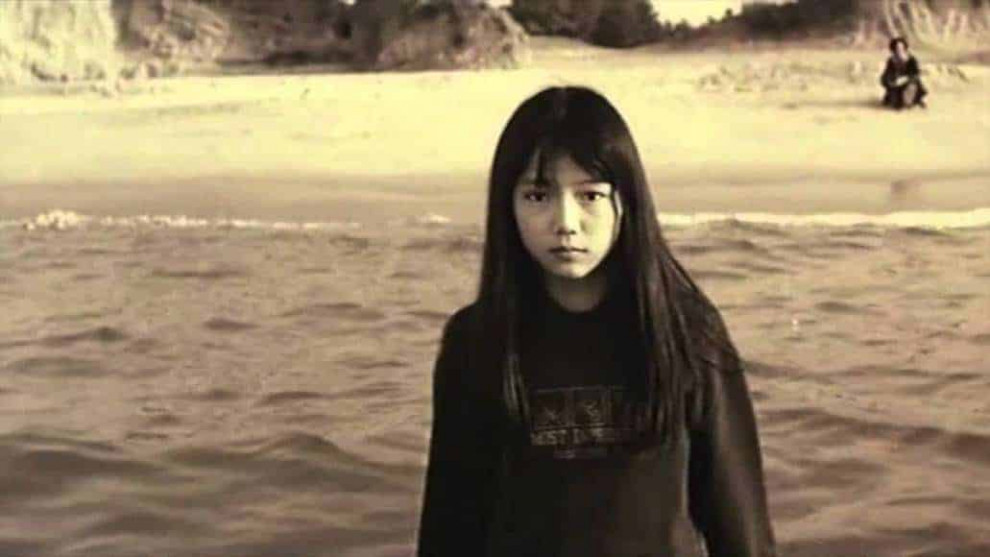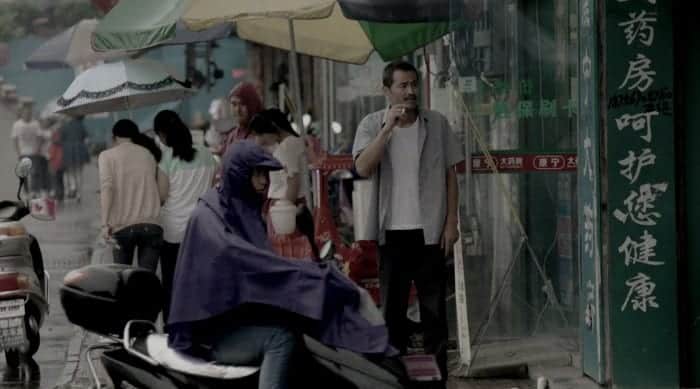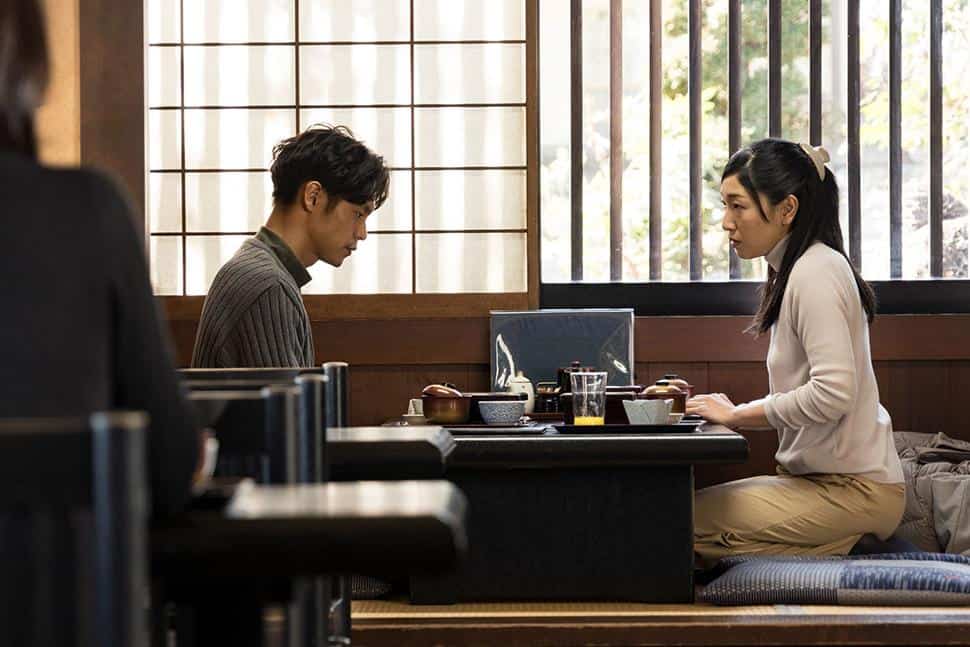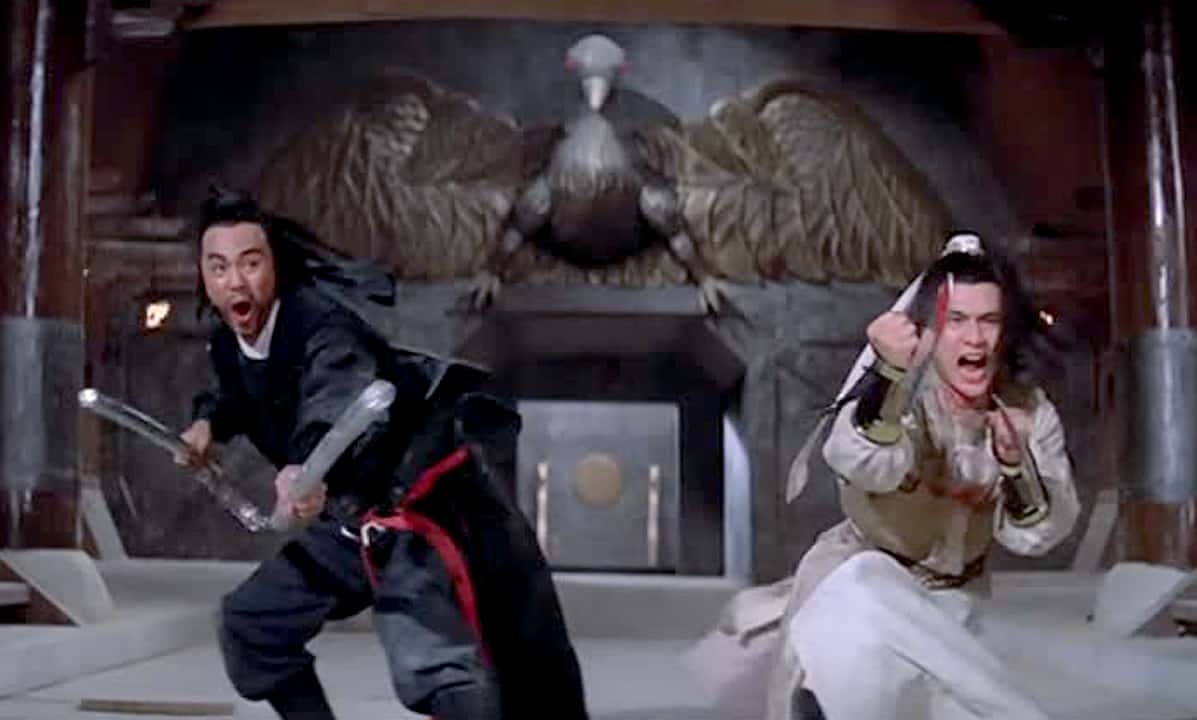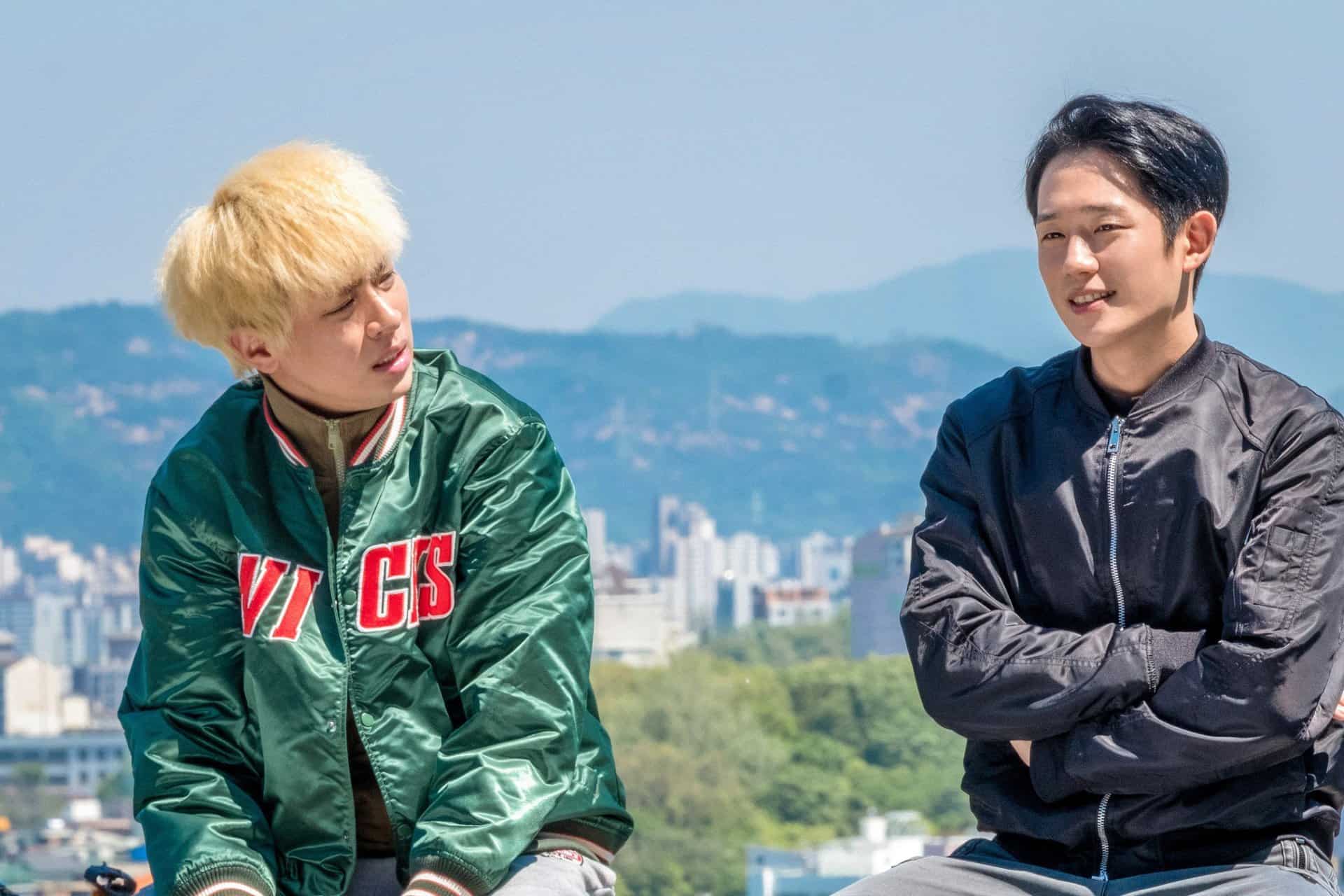“Do you think one can live only for others?”
In the series of news about wars and attacks, it often seems there is no way to really grasp the impact the event, to understand the reality of the catastrophe which we just hear or read about. Because the rapid speed of news does not allow for time to recuperate or fully comprehend the human tragedies behind, the image is often one for the moment, but then quickly forgotten, even though the repercussions will probably stick with people and communities for many years to come. Many times the idea of starting over or move forward is thwarted by our memories, the lasting physical or emotional damage caused sometimes without us being aware of it.
In general, the second half of the 1990s and the first years of the new century can be seen as a constant stream of violent events and attacks, all of which shook people, nations and the world as a whole. The 1995 sarin attack on the Tokyo subway was one of those events that left a mark on the world as it was one of many that predicted the era of global terrorism defining the following years. This event, along with other stories from his home, the island of Kyushu, inspired Japanese filmmaker Shinji Aoyama to tackle a new issue for his film “Eureka”. While many of his former projects, such as “Helpless” (1996), dealt with Japanese society and its injustices, the director felt he wanted to talk about issues such as rebirth and life. As Ilse Henckel points out in her essay about the film, it is not so much the event itself which is important, but also how people find a way to live again even though the memory might still haunt them.
Eureka is screening at doc films

After they have survived a violent bus hijacking, Kozue (Aoi Miyazaki), her brother Naoki (Masaru Miyazaki) and the bus driver Makoto (Koji Yakusho) have trouble coping with the event they have experienced. While Makoto quits his job and roams around the country for two years, the two siblings fall silent altogether, bringing the marriage of their parents to a breaking point.
Upon his return, Makoto aims to start anew and with the support of his family and friends he eventually finds a new job. However, as he learns about the fate of the siblings, who now live in their family home with both of their parents gone, and becomes the suspect in a murder investigation in his home town, he realizes the past still has a firm hold on them. In order to help them as well as himself to move forward, he makes a drastic decision.

If there is one aspect which defines one of the common threads in Aoyama's script, it may be the distrust of the characters in language as emotional support. Even though the audience does not witness the extent of the violence during the hijacking, Makoto's shaking voice, his insecurity later on as well as the “eloquent silence” of Kozue and Naoki speak volumes about their violated souls. Unable to understand the nature of their trauma their families, the police officers and their friends eventually distance themselves from the three main characters, since their words do not carry comfort for them. In some cases, the spoken word has ceased to be emotionally supportive and rather deepens the gap as well as the emotional wound the character suffers from. Considering their characters are silent, you have to praise especially the performances by Aoi and Masaru Miyazaki, whose gestures and facial expressions occasionally give a glimpse into the emotional injuries left behind by the violence they have witnessed.
As if to reflect these feelings of powerlessness, but also the hope to start over, the sepia-toned images of Masaki Tamra's camera become integral to the film's message and themes. While depicting the tristesse and desolation of the landscape at first, they slowly become a symbol for the inability of the characters to move on. Especially Makoto, as the only central character still speaking, quickly learns about this feeling of numbness and tries to fight it by establishing some kind of routine and emotional connection with others. Even though these images still represent a distinct beauty, most specifically in later scenes, they may also stand for something the characters have to overcome.

“Eureka” is a slow film whose pacing fits with the kind of process its characters go through. While it maintains the private nature of their emotions, it allows a glimpse into the traumatized souls of these people, as well as the possibility to heal and start over. In the end, “Eureka” becomes a human tale about one of the most incredible traits of us all which is to start anew and live even though the violence of our existence has become an omnipresent background noise.
Sources:
The article mentioned in the review is written by Ilse Henckel for the German DVD release of the film by Arthaus.


